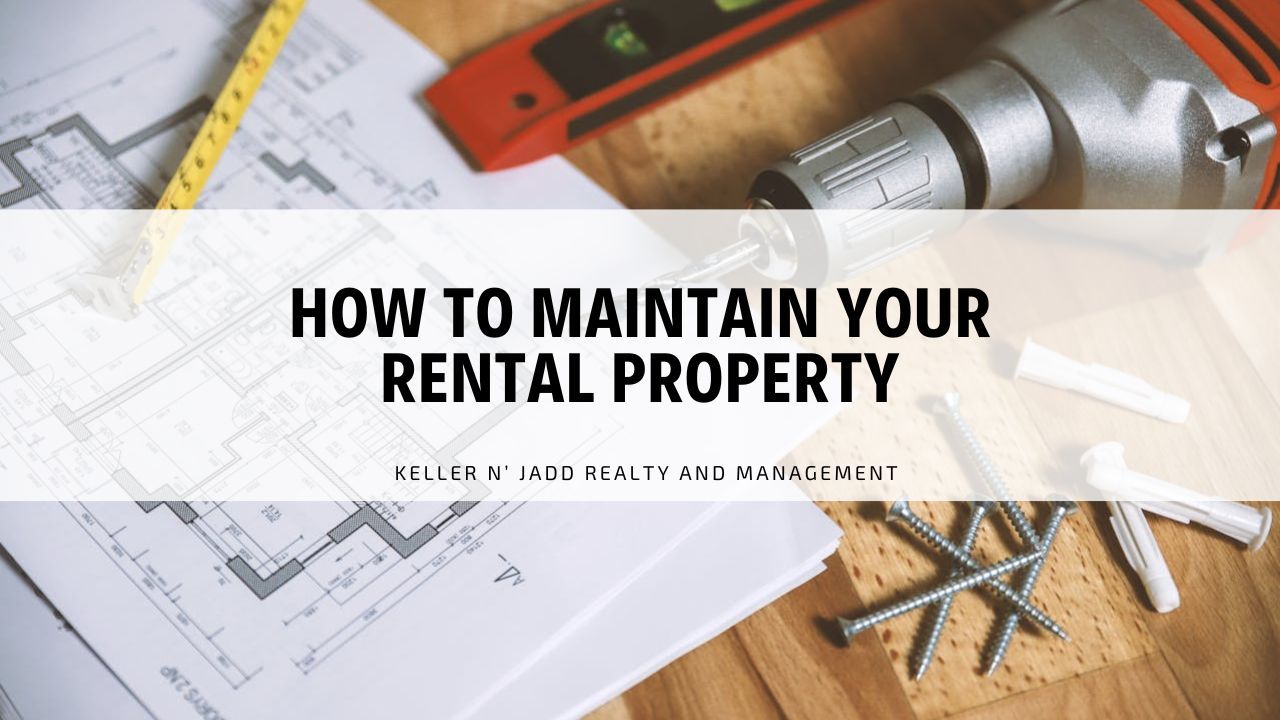Effective Tenant Screening in Las Vegas

Are you thinking about renting out your Las Vegas home? That’s a great idea!
Thanks to its many gambling, shopping, fine dining, entertainment, and nightlife options, Las Vegas is one of the biggest destinations in the world. The city receives millions of tourists every year, which makes it a great area for short-term and vacation rentals.
As it has a strong local economy and stable job market, there is also a high demand for
long-term tenants rental accommodations in Las Vegas. Renting out your home leaves it vulnerable to many risks and perils, from minor property damage to holdover tenants. Luckily, you can minimize these risks with an effective tenant screening process.
Nevada Rental Laws to Consider When Screening Tenants
The state of Nevada has very few statutes governing the tenant screening process. For instance, there is no limit to how much landlords can charge for rental application fees or a requirement to make them refundable. However, landlords must comply with the Fair Housing Act throughout the entire leasing process.
This means that you cannot turn down applicants based on race, color, national origin, religion, sex (including sexual orientation and gender identity), familial status, or disability. You should have a standardized screening process to ensure all applicants are treated equally and given fair chances of renting your home.
How to Conduct The Tenant Screening Process
The end goal of the tenant screening process is to ensure you’ve selected responsible tenants who will pay rent on time, follow the
terms of the lease, and take good care of your property.

To protect your investment, it’s best to have a thorough and strict screening process. Below is a step-by-step guide to everything you must do to find great tenants:
Step 1: Pre-Screen Tenants
Before you even start the screening process, it's essential to establish your criteria for the ideal tenant. This includes factors such as income, employment stability, rental history, andcredit score. By setting clear standards upfront, you avoid using resources on applicants who don’t meet your minimum requirements.
You can add some of your criteria or requirements to the listings, such as writing “No pets allowed.” This way, in this case unsuitable
tenants with pets will be deterred from applying. Additionally, you can weed out candidates who may not be a good fit when responding to inquiries.
After giving them key information about the property, you can ask about them, their family, their move-in timeline, and their reasons for moving, to gauge if they fit your criteria.
Step 2: Application Questionnaire
If a potential tenant passes your pre-screening questions, the next step would be to have them fill out an application form. This form allows you to collect essential information about applicants, such as their names, contact details, employment status, income, and rental history.

In addition to having them fill out the form, you should request interested tenants to provide certain documents, such as pay stubs or tax returns as proof of income and a government-issued ID. It’s important to get applicants’ explicit consent for credit and background checks.
Otherwise, you won’t be able to continue the screening process.
Step 3: Conduct Background Checks
Once you’ve obtained the tenant’s consent, you must run the following checks:
- Credit check: Review the tenant’s credit score, debt load, and any late payments.
- Criminal background check: Ensure the tenant has no serious criminal history, particularly involving violence or property damage.
- Eviction history: Check for prior evictions or any history of housing issues.
Performing background checks will allow you to ensure applicants have a clean rental history and no red flags in their credit, criminal, or eviction history. This helps verify that the tenant is trustworthy and likely to fulfill their obligations under the lease.
Step 4: Verify Income and Employment
It's crucial to ensure that tenants can afford rent. That’s why you should verify each applicant’s income and employment status. You can do so by requesting a copy of recent pay stubs or bank statements, asking for tax returns, and contacting their employer directly.
Step 5: Check Rental History and References
There’s no better way to know if someone is a reliable tenant than by speaking with their previous landlords. In the application form, you should request tenants provide references of former landlords. This way, you can give them a call to confirm whether they paid rent on time, adhered to lease terms, and maintained the property.

Remember to always verify the authenticity of the references provided. Scammers can have someone else impersonate their landlord to trick you into letting them into your home.
Step 6: Assess The Applicant’s Overall Profile and Make a Decision
Once you’ve gathered all the information you need about each applicant, it’s time to sit down and review it. If possible, make a small list with the pros and cons of each applicant.
The pros can be things such as a reliable source of income and a good rental history, while the cons can be any red flags you come across. Compare that information with your screening criteria to select the tenant who best meets your requirements.
Once you’ve made your decision, you must notify the selected tenant. It’s best to do this by email or by phone. You must state the next steps in the leasing process, such as paying their
security deposit, signing the lease, and setting a move-in date.
While it’s not required, it’s also a good idea to let other applicants know they’ve been rejected. This way, they can move on and continue looking for rental accommodations.
Bottom Line
Tenant screening is a multifaceted process that requires close attention to detail and due diligence. Selecting the right tenants not only protects your rental property but also sets the stage for a positive, long-term rental experience.
By pre-screening applicants, and conducting extensive background, income, employment, and rental history checks, you can reduce the risk of renting to problematic tenants.
If you have any questions about the tenant screening process in Las Vegas, contact
Keller n' Jadd Realty & Management today!












